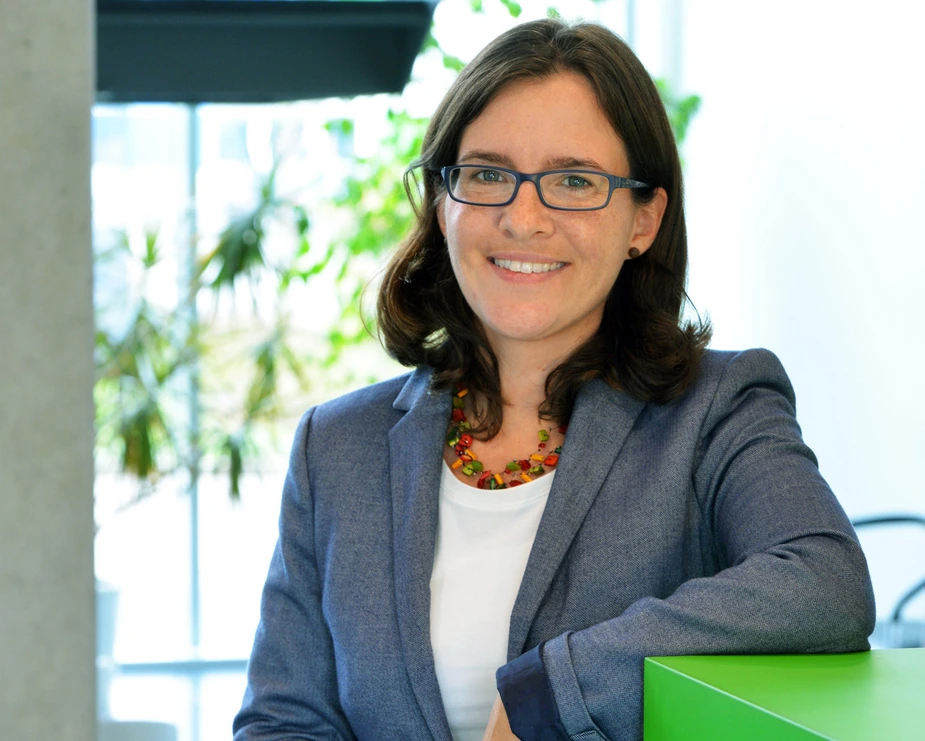More Security in Consumer Protection
A story of growth of the ifp – the Institute for Product Quality
What is in the things that I use every day? In my food. In the water. Consumers are becoming increasingly sensitive to quality as EU food laws are becoming stricter. The ifp Institute for Product Quality in Adlershof, both a contract laboratory and developer of diagnostics products, is growing rapidly and improving security with new analysis tools.
Rapid growth: only four years after the Institute for Product Quality, or ifp for short, moved parts of its staff to Adlershof, construction for a new building is underway. Some of its 330 employees moved into the office building past spring. The new building, including a cafeteria, is a testament to the size and confidence of ifp. The shiny offices look onto the empty plot of land on the other side of the road. “So theoretically there is enough room for another ifp building…,” chuckles Carolin Poweleit, food chemist and, as of last year, the company’s co-head.
As an accredited testing institute, the ifp conducts commissioned analyses for the food industry. What sets the company apart from other laboratories, is the in-house development and production of diagnostic products. These testkits help to examine products for vitamins, allergens and traces of genetic modification.
Their newest product is a reagents kit that facilitates extremely fast extraction of DNA from a test sample: using microwave extraction, it takes only two minutes – and thus saves a substantial amount of time compared to conventional methods. Potential areas of application include food analysis and examination of forensic and clinical samples.
Moreover, the ifp is increasingly specialising in foreign body identification. Foreign bodies are the second most frequent cause for recalls after microbiological pollution. The scientific staff uses a scanning electron microscope to search for traces of glass, stainless steel, fur or plastics in foodstuffs. “For the manufacturers, it is very important to know when those substances found their way into the food. Did it happen during production, distribution or at the consumer-level?” explains Poweleit. Identifying the origin helps manufacturers to take appropriate action. For example, was the glass splinter, which yielded the complaint, baked into the cake during production?
“Our testing starts with collecting benchmarking data, which means baking all types of things into dough. The search for the unknown foreign body and its origin is comparable to the work of a detective and our scientists love it. We simulate all kinds of processes like preserving or baking. We also test whether things can swim, how they burn and, if they can, the colour of the flames.”
Carolin Poweleit loves talking about her work and it seems the Institute for Product Quality is applying that exact same enthusiasm to the years ahead. The inspiring 38-year-old likes Adlershof because of how quickly it developed into a centre for science that is continuing to grow. The proximity to other laboratories and the nearby construction of the Landeslabor Berlin-Brandenburg (LLBB), Berlin and Brandenburg’s state laboratory, are exciting prospects for the ifp. “As a private institute, cooperation with a state laboratory is an important asset and it will improve even more when we move closer together. We are looking forward to it.”
By Jördis Götz for Adlershof Journal
